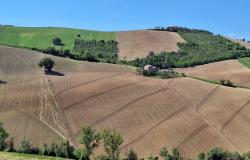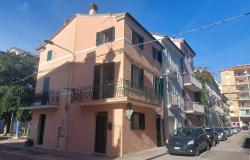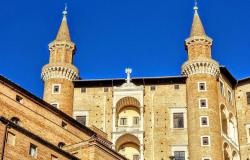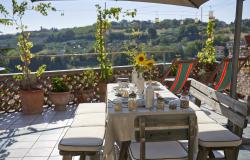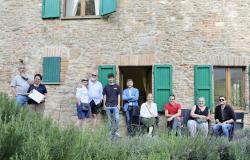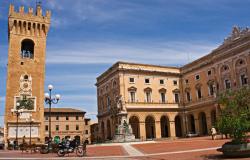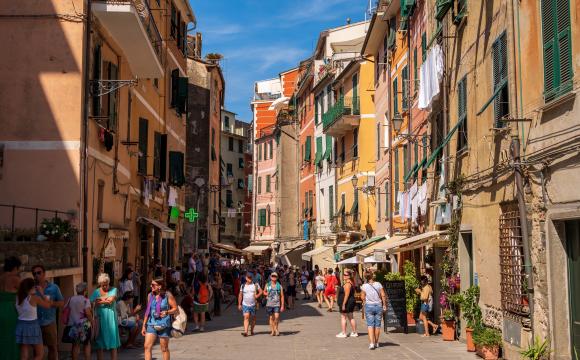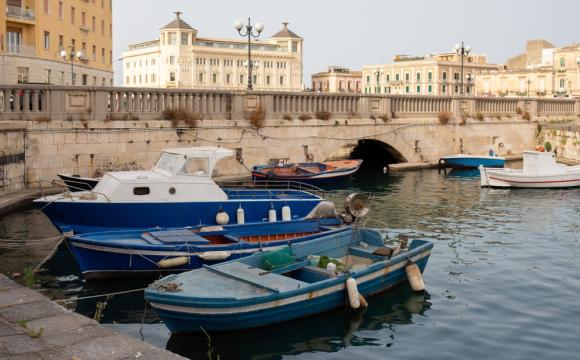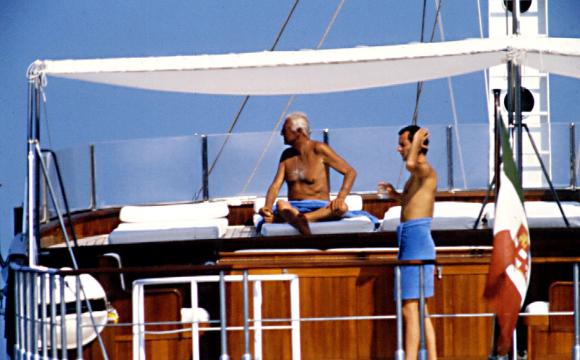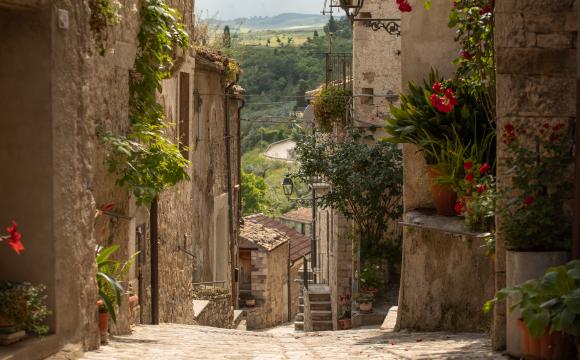 The inhabitants of the often overlooked Marche region in central Italy learned this week that statistically at least they have something to shout about.
The inhabitants of the often overlooked Marche region in central Italy learned this week that statistically at least they have something to shout about.
As a national group, Italians already outlive most other Europeans and Marche, on the eastern slopes of the Apennines, seems to be the place where conditions combine to produce maximum longevity.
The average life expectancy for the region's inhabitants is now 78 for men and 84 for women, according to national statistics bureau Istat. This compares to EU averages of 75.1 and 81.6.
The secret of why the 'Marchigiani' live longer appears to be tied up with the unhurried country lifestyle that most of them lead. Two thirds of the region's land are still given over to farming.
One of Marche's oldest inhabitants is Domenico Dari-Mattiacci, who turned 100 last June. A spritely figure, he stopped working about 10 years ago after a lifetime spent looking after pigs and hens on the family farm near the town of San Severino Marche.
Dari-Mattiacci, who has rarely travelled more than a few kilometres from his home, reckons a "relaxed approach to life" and a steady refusal to worry about clocks are the secrets of his longevity.
"My life has never been very complicated. For example, I didn't ever marry. That probably helped," he says.
He now lives with his 68-year-old niece and spends his time going for walks, chatting with his younger friends in the local piazza and watching quizzes on television.
The niece, Franca Angeloni, said she had been unsurprised to learn on the TV news that her region was a national record holder for longevity.
"It's all the fresh air and good food," she said, noting that most of the family's food was fresh and came from the surrounding countryside.
The region, once one of the main granaries of the Roman empire, is rich in vineyards, olive groves, orchards and wheat fields. Being a coastal region, fresh fish is also readily available.
Farmers' union Coldiretti agreed that diet probably had a lot to do with the long lives of the Marchigiani. "A healthy way of life is closely linked to eating habits and in Marche these still depend on local produce".
SOCIAL SCENE.
But some observers also pointed out that in the region's towns and villages, the over-60s - who make up about a third of the population - are also part of an active social scene.
Instead of facing the loneliness and isolation that often await the old in more urban regions, they frequently have busy lives, involving dancing classes, sports, and an active involvement in the life of the extended family.
"They don't feel useless because after retirement many carry on working, perhaps teaching young generations the secrets of their trades," said the local artisans' association.
The president of Marche's regional government Gian Mario Spacca welcomed the new longevity statistics and said they were a "comforting" testament to the "quality of life" in his region.
They may also be welcomed in Marche because finally the region's people can be known for something apart from the frequency with which they acted as tax collectors for 19th century popes.
This fact led to a stereotypical view of the Marchigiano as tight-fisted and money-grabbing and spawned a fervent central Italian adage holding that: "It's better to have a corpse in the house than a Marchigiano at the door".



